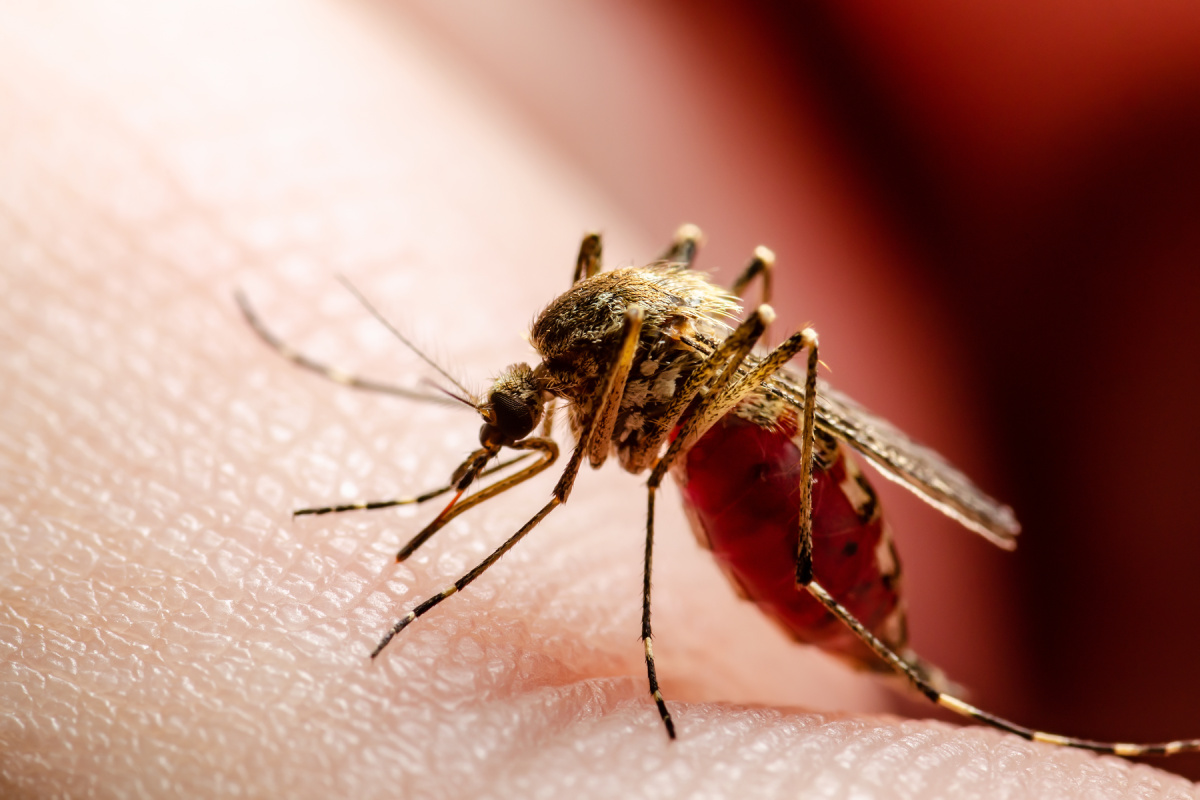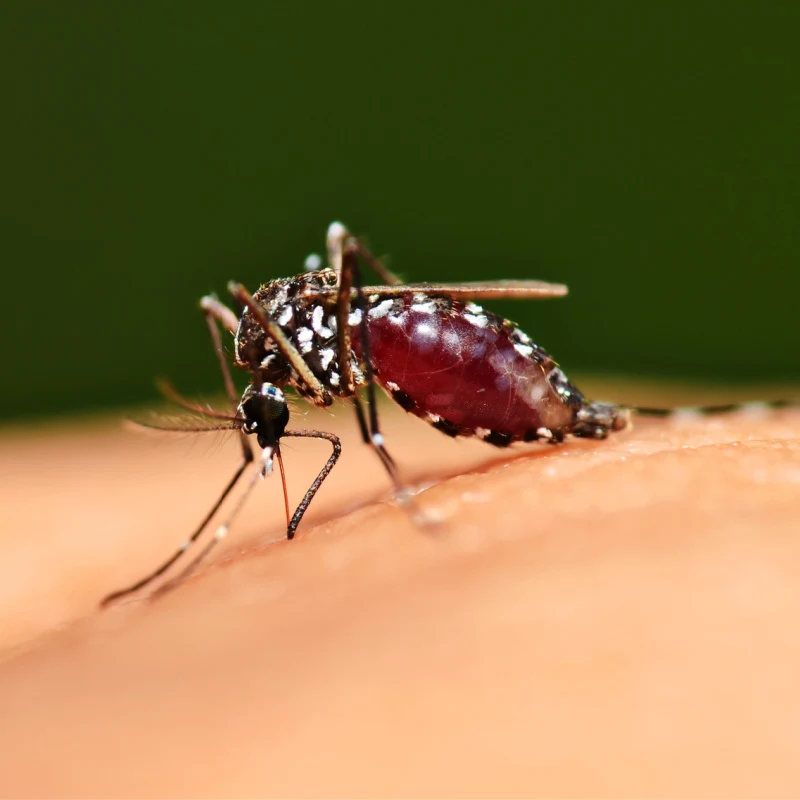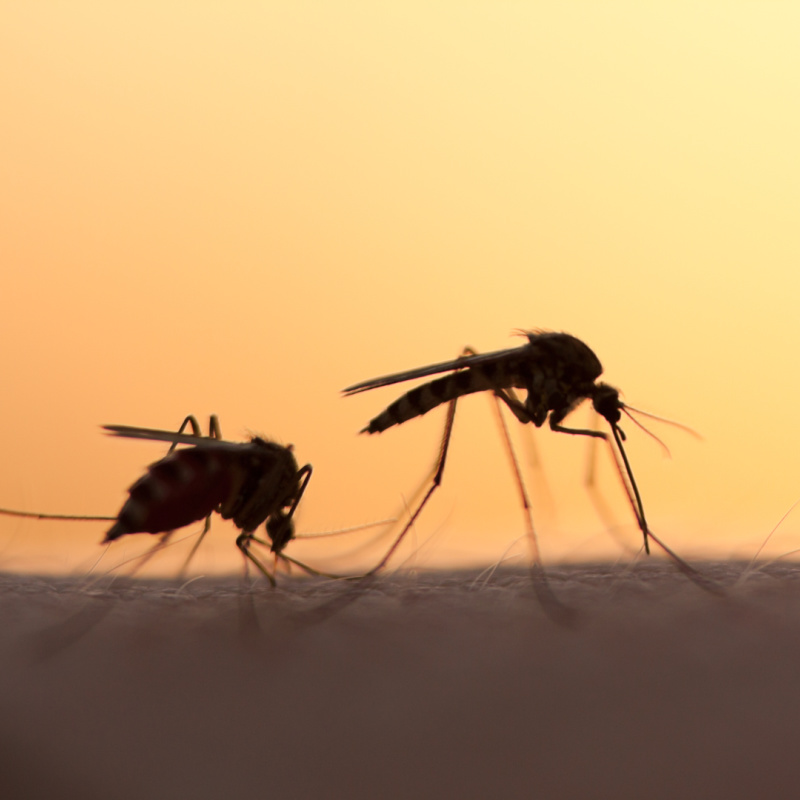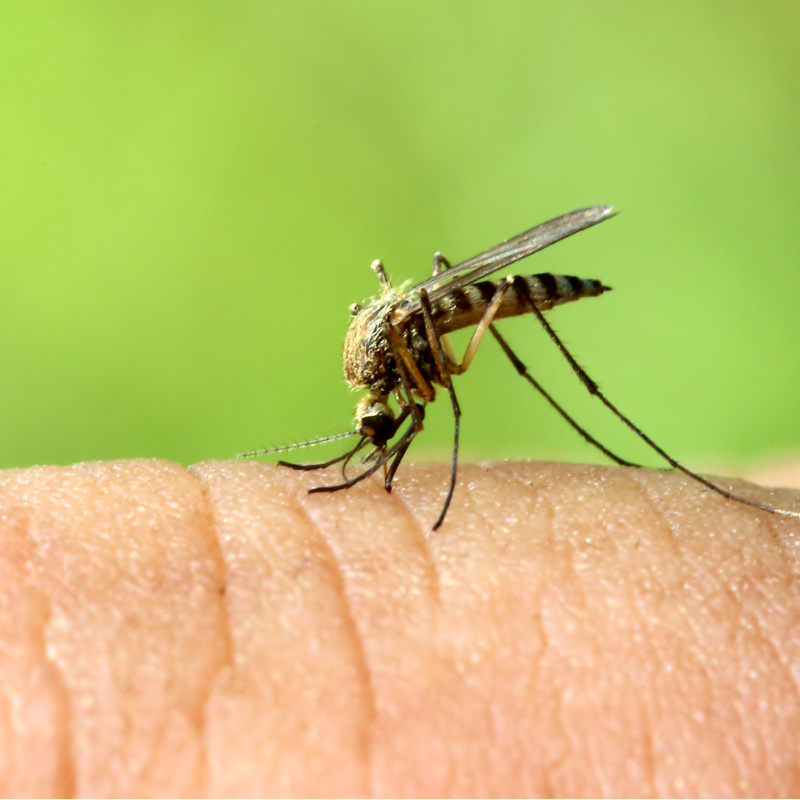With the number of dengue-related deaths rapidly rising in Jakarta, and cases rising in Bali, leaders are revisiting discussions around the introduction of Wolbachia mosquitos across the country.
The project was paused in Bali after concerns were raised about the program so that the Indonesian Ministry of Health could conduct further independent investigations into the World Mosquito Programme initiative.

Health Ministers and Public Health Officials in Indonesian attended the 2024 International Arbovirus Summit Indonesia took place at the UID Bali Campus, Kura Kura Bali Special Economic Zone on Monday 22nd April.
During a panel discussion the Minister of Health Budi Gunadi Sadikin conveyed the effectiveness of wolbachia-bearing mosquitoes in suppressing dengue hemorrhagic fever (DHF) cases in the Indonesian city of Jogjakarta.
Addressing the audience and fellow panelists, the Health Minister emphasized that the Wolbachia mosquito program implemented in Jogjakarta had reduced the prevalence of dengue cases at a time when dengue cases in other provinces were increasing.
He explained, “So, while dengue incidents are currently increasing in many cities, this is not happening in Jogjakarta.”This is because Jogjakarta has implemented Wolbachia.”
He continued, “Brazil’s implementation of Wolbachia is very massive because it has the most dengue in the world. We only have hundreds of thousands of cases; there are millions to three cases of dengue. Hundreds of thousands died in Brazil; now we have under a thousand.’
The Brazilian Minister of Health, Nisia Trindade Lima, was also in attendance on the panel via a web call and echoed the views of Minister Sadikin.
He explained, “This is a moment to increase health attention in various countries, which can expand access to disease eradication technology, especially regarding the dengue fever virus,”
He added, “I hope everyone will be productive and dialogue so that it will enable our country to achieve progress in controlling arboviruses.”
With the Health Ministry’s assessment of the Wolbachia program nearly complete, it looks likely that the project will be given the go-ahead in Bali, pending community approval.
The Regional Secretary of Bali, Dewa Made Indra, told the panel, “The study is currently being finalized; one of the Arbovirus Summit meetings is discussing Wolbachia both in terms of technology, science, methodology, and other things. Before, there was a rejection because the socialization was not good and not comprehensive.”
Indra added, “From what I heard earlier, Brazil has succeeded in implementing it, and the level of effectiveness is quite good. “Now we are learning about that.”

The Wolbachia Program from the World Mosquito Program was developed after extensive research showed that if the potentially disease carrying Aedes aegypti mosquito becomes a carrier for Wolbachia the bacteria within the insect compete for resources against viruses like dengue fever, Zika, and yellow fever.
The Wolbachia Program involved breeding Wolbachia, which carried Aedes aegypti mosquitos and released them into disease-prone areas.
As the mosquitoes breed, the competitive Wolbachia bacteria is passed from generation to generation and becomes increasingly prevalent in the population.
One of the top concerns raised by both tourists and locals in Bali is whether or not this technique is safe. The World Mosquito Program has shared the findings of three independent risk assessment investigations.

In a report published on their website, they say that “results concluded that there is negligible risk associated with the release of Wolbachia mosquitoes. This is the lowest possible rating. The risk assessments found that Wolbachia is safe for people, animals, and the environment.”
With cases rising in Bali and across Indonesia, as happens seasonally, Bali Health Agency’s Acting Head of Disease Prevention and Control, Gusti Ayu Raka Susanti, confirmed that although vaccines are not mandatory, tourists are being advised to get their dengue vaccines to help stop the endemic spreading.

Susanti told the media “The dengue fever vaccinations are highly suggested, not only for tourists, but also all Balinese people, so that they can protect themselves from dengue infections.”
However, there is yet to be a universally effective dengue vaccine, and there are very few approved vaccines and therapeutics to treat dengue fever.
Remove All Ads & Unlock All Articles… Sign up for The Bali Sun Premium

Plan Your Bali Holiday:
Book The Best English Speaking Drivers For Airport Transfers & Tours
Choose From Thousands of Bali Hotels, Resorts, and Hostels with Free Cancellation On Most Properties
Book Cheap Flights To Bali
Don’t Forget Travel Insurance That Covers Medical Expenses In Bali
For the latest Bali News & Debate Join our Facebook Community
SUBSCRIBE TO NEW POSTS
Enter your email address to subscribe to The Bali Sun’s latest breaking news, straight to your inbox.

Tobie
Friday 26th of April 2024
Vaccinate the Muskie’s and see what will happen in the next 10 years
BaliDuck
Wednesday 24th of April 2024
No you are not having a nightmare. Surrounded by mosquitoes, bogans and narcissists is just your holiday in Bali.
Rod Wilkinson
Wednesday 24th of April 2024
I don’t know that many countries have one,
Exp
Wednesday 24th of April 2024
Why should tourists get dengue vaccine and take away resources/vaccine from areas that really would benefit from protection?
Is it because the vaccine is not covered by the national health care plan, hence commercial interests would like foreigners buy this rather expensive vaccine?